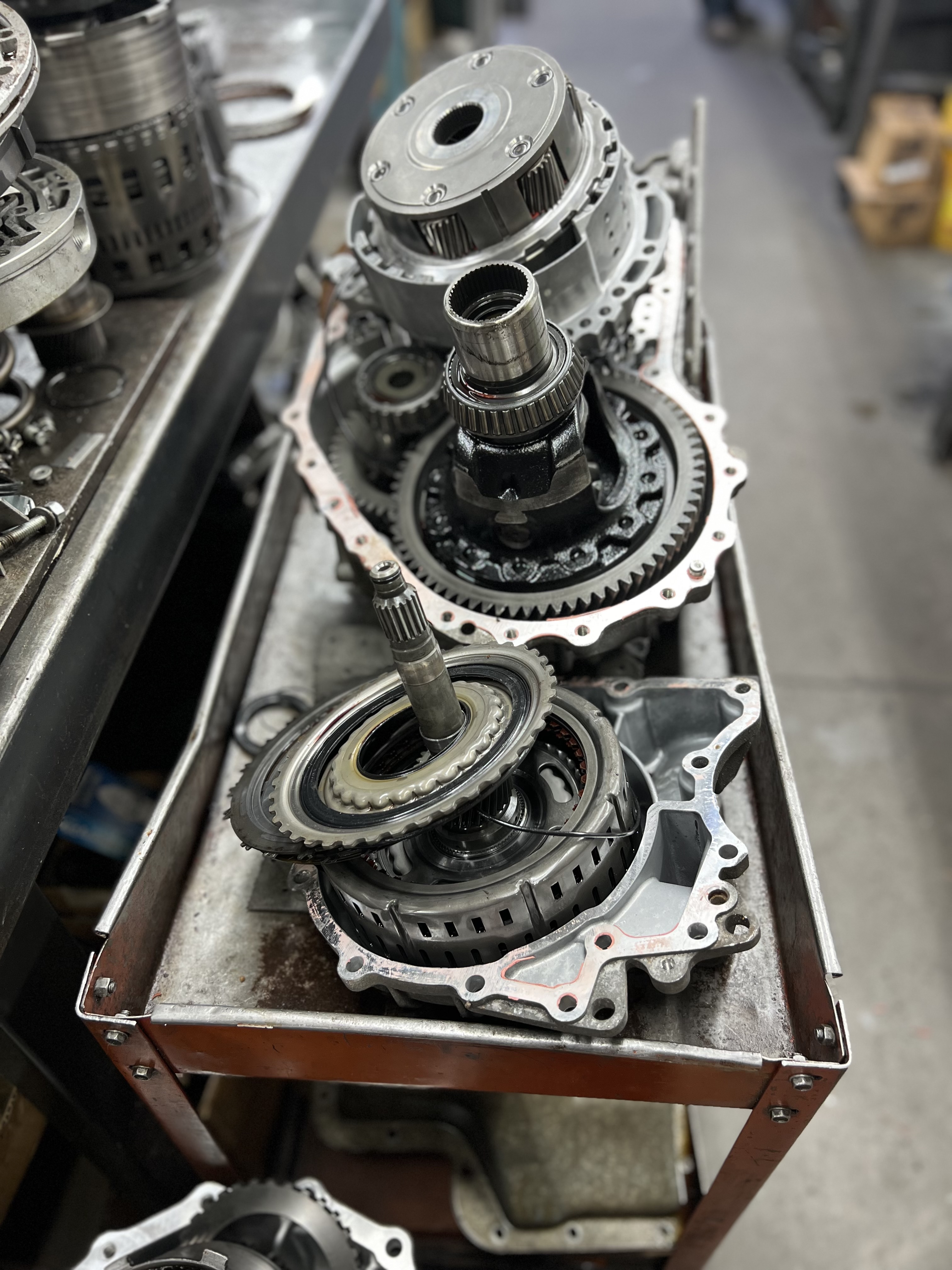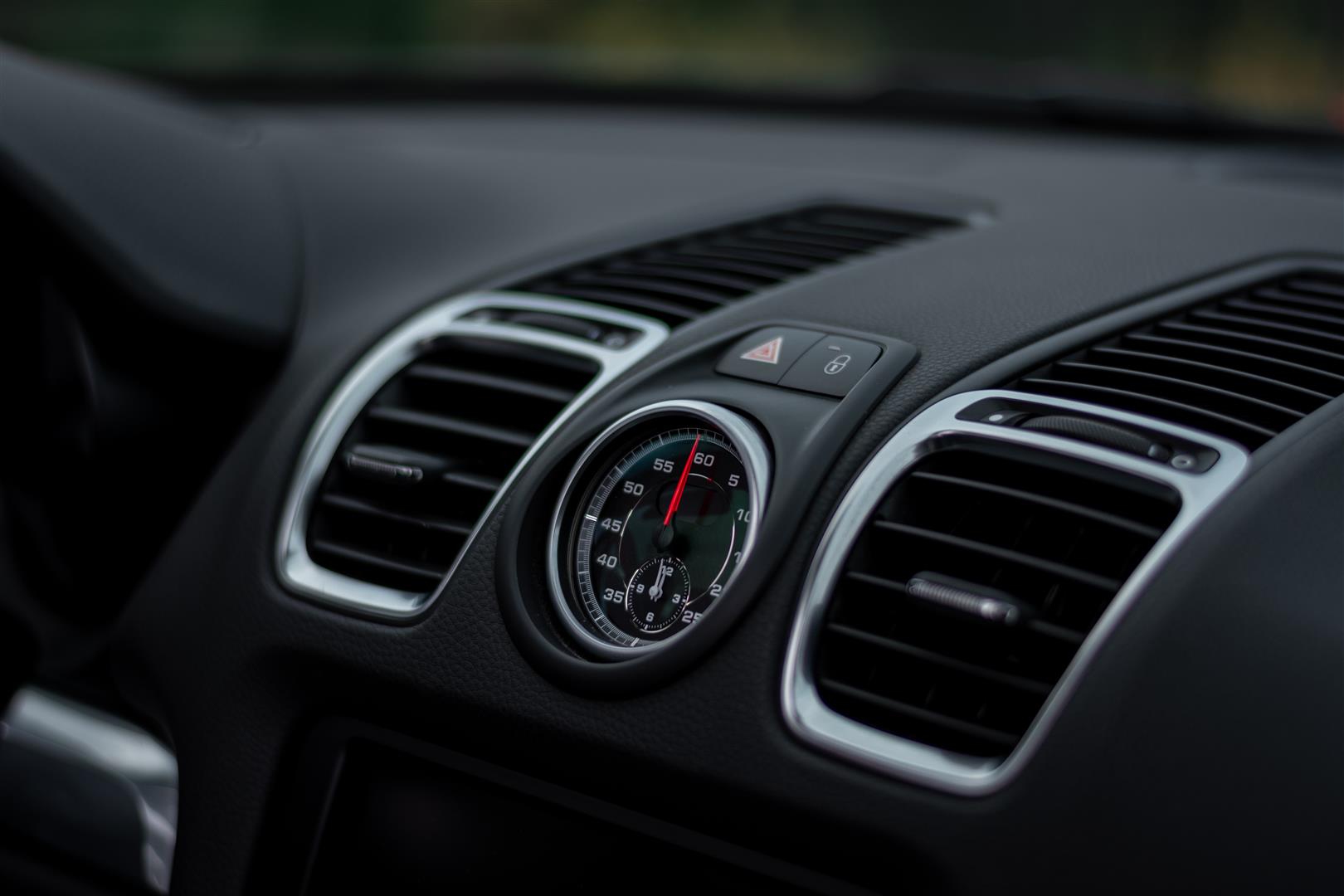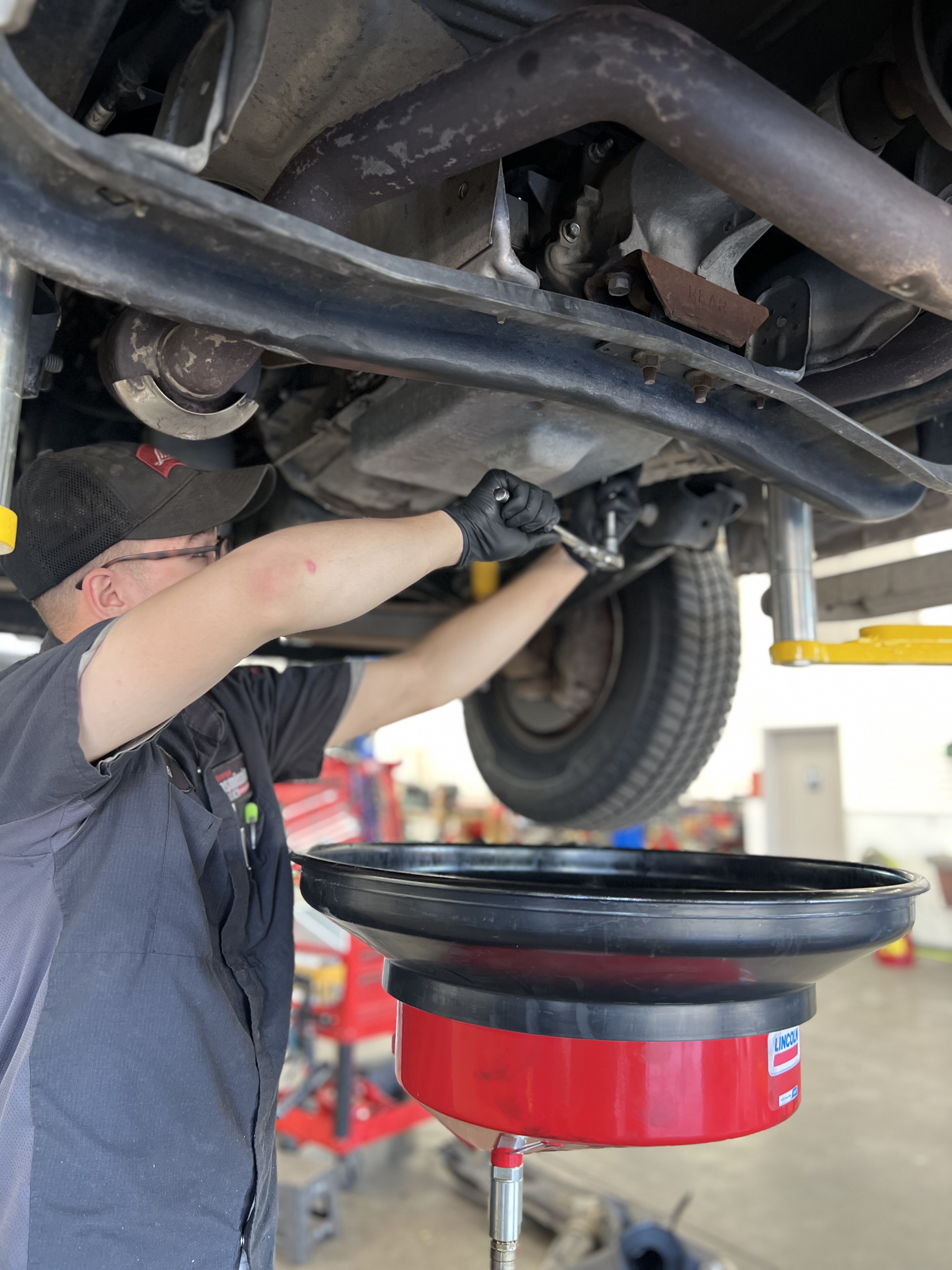Posted on 5/10/2024

A slipping transmission is a common problem that many vehicle owners may encounter over time. When a transmission slips, it means that the transmission is not properly engaging with the engine, resulting in a loss of power and reduced vehicle performance. Understanding the signs of a slipping transmission can help vehicle owners identify the problem early and seek the necessary repairs before the issue becomes more severe. One of the most noticeable signs of a slipping transmission is a change in the vehicle's acceleration. The vehicle may seem to struggle or hesitate when accelerating, particularly when trying to pick up speed quickly. In some cases, the vehicle may feel like it is not responding at all when the accelerator is pressed. Another common symptom of a slipping transmission is a sudden increase in engine RPMs without a corresponding increase in vehicle speed. This is often referred to as "revving" or "slipping," and it can be a sign tha ... read more
Posted on 5/9/2024

Have you ever noticed a small pool of water under your car after it's been running on a hot day? Before you start to panic about leaks or spills, let me reassure you: that puddle is often a sign that your car's air conditioning system is doing its job properly. Yes, you heard that right – your car's AC system could be the reason behind that seemingly innocuous pool of water. So, what's the deal with this mysterious puddle? Well, it all comes down to a crucial component of your car's AC system: the condenser. This unsung hero plays a vital role in keeping you cool and comfortable during those scorching summer drives. Here's how it works: when you turn on your car's AC, the system begins to cool down the air inside your vehicle. As part of this process, the refrigerant in the AC system undergoes a phase change from a gas to a liquid, releasing heat in the process. This is where the condenser comes into play. Located at the front of your car, typically ... read more
Posted on 5/9/2024

Transmission fluid is a vital component of any vehicle's transmission system. It serves as both a lubricant and a coolant, ensuring that the transmission's internal components stay cool and properly lubricated during operation. Over time, however, transmission fluid can degrade and become less effective, leading to potential damage to the transmission and reduced vehicle performance. One of the primary reasons that transmission fluid degrades over time is due to heat. As the transmission operates, it generates heat, which can cause the fluid to break down and lose its effectiveness. Additionally, debris and contaminants can accumulate in the fluid, which can cause damage to the transmission's internal components. If transmission fluid is not changed regularly, it can lead to a variety of problems, including slipping gears, reduced performance, and even complete transmission failure. By changing the transmission fluid on a regular basis, vehicle owners can help ... read more